#AutomotiveIndustry
SEC Subpoenas Faraday Future Executives
Several executives from perpetual automotive startup Faraday Future have reportedly been subpoenaed by the U.S. Securities and Exchange Commission as part of an investigation into inaccurate statements made to investors. Though, considering the nameplate’s history, it would be impossible to assume which item the SEC will be focusing on thanks to FF’s exceptionally long history of industrial misgivings.
We’ve covered Faraday Future’s long and bizarre story from the early days of delivering half-baked, though otherwise impressive, concepts to its more recent status as an automaker in the ethereal sense. It’s promised the moon and only managed to deliver a handful of production husks that never surpassed the body-in-white phase and some “production-intent” prototypes of the FF91. Though the larger story is the SEC’s sudden interest in electric vehicle startups that went public via mergers with blank check firms, better known as special purpose acquisition companies (SPACs), over the last two years.
Report: Biden to Use Wartime Powers to Boost EV Battery Production
U.S. President Joe Biden is said to be considering utilizing wartime powers to spur domestic electric vehicle battery production. The administration reportedly wants to add the necessary raw materials to the Defense Production Act (DPA) penned at the start of the Korean War in 1950.
Originally designed to give the federal government more control of the U.S. economy (especially in regard to raw materials) throughout the Cold War, the law has also been leveraged by the Department of Defense to advance new technologies starting in the 1980s. In 2011, Barack Obama invoked the act to force telecommunications companies to provide detailed information to the Commerce Department’s Bureau of Industry and Security. Donald Trump would later invoke the DPA to identify an array of products deemed critical to national security as the trade war with China heated up, and then again to spearhead domestic production of materials and goods pertaining to the COVID-19 pandemic.
Dealers Annoyed With Price of EV Charger Installs
As the industry continues struggling with its planned swap to electric vehicles, we’ve seen plenty of framing suggesting dealer networks are only too happy to participate. But it’s usually juxtaposed with articles indicating that pushback exists, typically whenever the metaphorical rubber meets the road. This month provided several premium examples stemming from the National Automobile Dealers Association Expo (NADA Show 2022) held at the Las Vegas Convention Center.
Though the best had to be when several dealer groups piped up about how much it’s actually going to cost them to install some of the newer chargers some manufacturers believe should be mandatory if they’re intent on selling EVs. Some showrooms are finding out that not all buildings are wired for the high loads incurred by modern charging systems, requiring additional financial investments they hadn’t counted on. With automotive dealerships using product delays as leverage for unprecedented vehicle pricing, it’s nice to see them getting a taste of their own medicine. Or it would be if the costs for updating facilities weren’t guaranteed to be reflected on future window stickers.
Will Toyota's Production Pause Go Global?
Following last week’s announcement where Toyota explained its need to scale back Japanese production by 20 percent this April, the automaker has outlined planned slowdowns for the foreseeable future. It’s citing all the usual problems. Countries are still employing various COVID-19 restrictions that are upending supply chains, semiconductor production for automobiles remains insufficient, and there’s a war in Eastern Europe that’s creating all-new troubles while exacerbating some of the more familiar ones. But scaling back output might not be the death sentence it sounds like.
With last year resulting in 10 million deliveries worldwide, Toyota actually managed to improve its sales against 2020’s year-over-year global production decline of 12 percent. And the last two years have also yielded enhanced profitability for the automaker, despite it having expressed repeated concerns about procuring enough components to keep popular models (like the RAV4) in stock. In 2021, Toyota saw $249.4 billion in revenue and even became the best-selling automaker in the United States, dethroning former top-dawg General Motors.
Volkswagen Shifting Production Out of Europe, Into U.S. and China
Volkswagen Group will be moving some of its European production out of the continent and into facilities located in China and the United States, citing the war in Ukraine as the largest contributing factor. Though if you’ve been following the company, it had already signaled a desire to raise its capacity in China ever since the region shifted into becoming its largest market.
In fact, Chief Executive Herbert Diess said during Tuesday’s press call that China will be taking precedence as the automaker reorganizes its manufacturing.
Toyota Cutting Production By 20 Percent Next Month
Earlier this week, we covered Toyota stressing over the feasibility of its current production plans. Automakers around the world are presently trying to suss out how to maintain solid profitability with diminished output, with Japan’s largest manufacturer suggesting the present state of the world might force it to do likewise.
While we assumed the resulting decisions would take a couple of weeks for Toyota to finalize, as it considered its many options, the company announced on Friday that it would need to cut domestic production by 20 percent for the month of April. The automaker framed this as part of its preexisting “recovery plan” necessary to account for supply chain issues that never seem to end, saying that diminished output would gradually normalize in Japan over the spring.
Toyota Considers New Production Strategy As World Burns
Toyota Motor Corp. is reconsidering its existing production strategy, citing ongoing global issues that are hindering its ability to manufacture vehicles at a normal pace.
Like most other automakers, Toyota has endured COVID restrictions, supply chains bottlenecks, component shortages, at least one cyberattack, and some new obstacles stemming from Russia’s invasion of Ukraine. These issues have already encouraged General Motors to pursue lower output as it focuses on selling on higher-margin vehicles. Though it’s hardly the only automaker signaling diminished production for 2022. Even the National Automobile Dealers Association is assuming 2022 will be another year of extra-tight inventories and wild markups. It’s something the industry was already doing, with Toyota becoming the next company opting to rejigger its targets to account for hard times.
GM Dumps Lordstown Motors
Lordstown Motors has gone from the savior of Ohio to just another blowhard electric vehicle startup. Last year, it became the focus of investment research firm Hindenburg Research and an incredibly damning report that accused the company of fraudulent behavior. The paper cited thousands of non-binding, no-deposit orders and was proven right a few months later when the startup announced it didn’t actually have enough money to commence commercial production. By June, Lordstown was under investigation and losing top-ranking executive with nothing to show for itself other than a factory it purchased from General Motors at a discount where it installed a pointless solar panel array. The company said it would be selling the plant to Foxconn Technology Group (Hon Hai Technology Group) in October, along with $50 million in stock, with the plan being to make the Taiwanese firm a contract assembler for the Lordstown Endurance pickup.
It’s going to need that money too because GM is severing ties with the startup and has confirmed it offloaded its remaining stock over the holidays. While the Detroit-based automaker only held about $7.5 million worth of shares, it still represented about 5 percent of Lordstown and continued support of a business that looked to be foundering.
Russia-Ukraine War Adding to Supply Problems, Auto Industry Reinventing Itself
Volkswagen Group has stalled production in Germany, citing an inability to obtain sufficient parts from Ukraine. The automaker reportedly is lacking sufficient electrical components for its Zwickau-Mosel plant and the Dresden-based “Transparent Factory” — both of which are responsible for manufacturing VW and Audi-branded electric vehicles.
While the automaker declined to identify any specific suppliers, it said that Zwickau-Mosel will be down for at least four days as the Dresden facility will only need three days of downtime. That should put them both back online by the end of the week. But that’s hardly a guarantee and problems abound elsewhere, some of which are starting to feel borderline ordinary, as the industry continues reinventing itself.
Whoops: Some Seattle-Area Mazdas Are Stuck Listening to NPR
There’s a gaggle of Mazda owners in Seattle, Washington, that have reportedly been stuck listening to National Public Radio (NPR) over the last few weeks. The manufacturer has addressed the problem, saying the local affiliate had broadcast images files with no extension causing an issue on some 2014-2017 Mazda vehicles with older HD radio software. This effectively bricked the infotainment system on some vehicles, locking them into listening to NPR and out of literally everything else.
Where Are People Waiting the Longest to Buy a New Car?
Nobody should envy car shoppers right now. With production shortages ongoing, there’s never anything you want on the lot, and what is there is likely to be grotesquely overpriced.
This has encouraged consumers to wait longer before replacing their current ride, which is statistically likely to be far older than years past. But not everyone has the same level of patience or financial wellbeing, meaning certain parts of the country are seeing longer intervals between cars than others. There are also regional inventory disparities to account for, encouraging analytics firm Growth from Knowledge (GfK) to conduct an investigation into which parts of the United States are waiting for the longest to procure a new automobile.
Industry Braces for Increased Volumes, Lower-Margin Vehicles
It’s a little early in the year to say anything definitive about 2022 vehicle volumes, however, the automotive industry has been signaling that production numbers should begin to rise in the coming months. While that sentence should be cause for a sigh of relief, there are parts of the industry that might not feel as good about it as you probably do.
With supply chain problems having drastically limited vehicle production during the pandemic, many dealers opted to price their goods well above anything that could be considered normal. This worked out poorly for many of the smaller outfits as larger retailers enjoyed record-breaking profits in 2021. Some manufacturers also benefited financially, as the chip shortage allowed them to prioritize their highest-margin products. Unfortunately for them, 2022 is likely to bring affordable vehicles back into play and gradually pull pricing closer to something approaching normality.
Survey: Which EVs Are Leaving Drivers the Most Satisfied?
With electric vehicles getting a lot of press, you might be wondering which models are scratching consumers in all the right places.
According to J.D. Power’s U.S. Electric Vehicle Experience Ownership Study, the Kia Niro EV is the best thing the mainstream BEV market currently has to offer. The Korean model garnered a satisfaction rating of 744 points out of a possible 1,000. However, it wasn’t the top dog overall. That honor fell to the Tesla Model 3, which achieved a score of 777 points — besting the industry average for premium electrics by a whole seven points.
White House Invites Auto Execs to Endorse Build Back Better
The White House has made plans to host American business executives — including numerous CEOs tied to the automotive sector — in an effort to gain support for the stalled Build Back Better agenda. The meeting is scheduled to take place today, with President Joe Biden and company hoping to convince them to get behind the (revised) $1.75 trillion spending bill after it passed in the House but never made it through the Senate.
Seats have already been reserved for General Motors CEO Mary Barra, Ford CEO Jim Farley, and Cummins CEO Tom Linebarger. The rest are going to heads of manufacturing and technology companies, with a few noteworthy outliers. For example, the Biden administration has also invited the president of the Teachers Insurance and Annuity Association of America and the CEO of Siemens (a multinational entity that’s not based in the United States). Based on earlier statements from White House press secretary Jen Psaki, the meetings will take place in-person, bucking the Biden administration’s trend of hosting virtual events.
Stellantis CEO Says Electrification Advanced by Politicians, Not the Industry
Despite Stellantis making formal announcements that it will be investing 30 billion euros ($34 billion USD) into its novel electrification strategy, CEO Carlos Tavares has been making it sound as if the automaker’s plan was crafted under duress. He’s been telling European media that the widespread adoption of EVs is primarily being pushed by politicians who are ignoring the environmental risks and logistical shortcomings.
“What is clear is that electrification is a technology chosen by politicians, not the industry,” he said told the press this week.




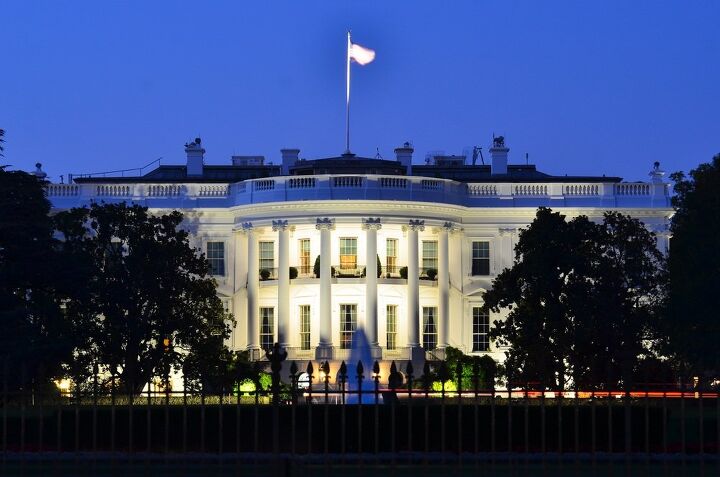
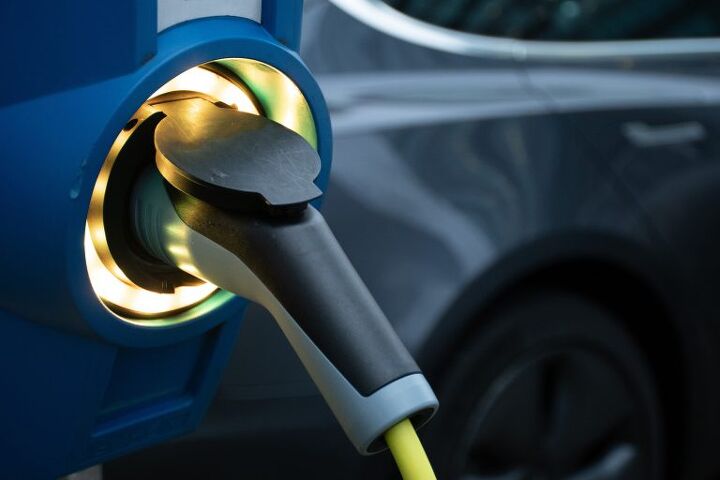
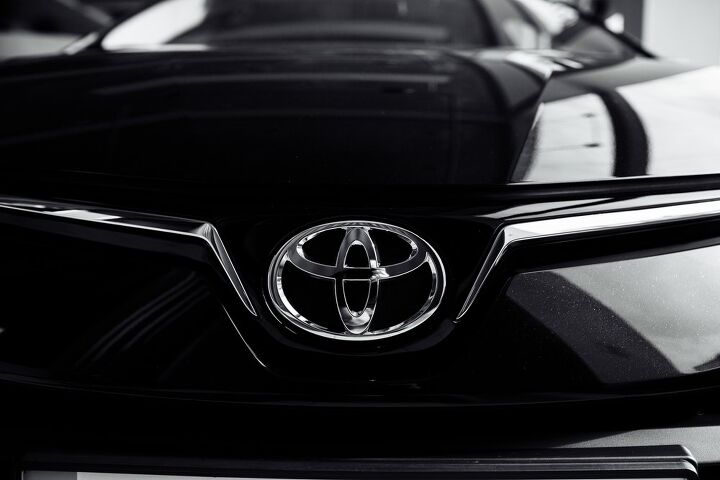

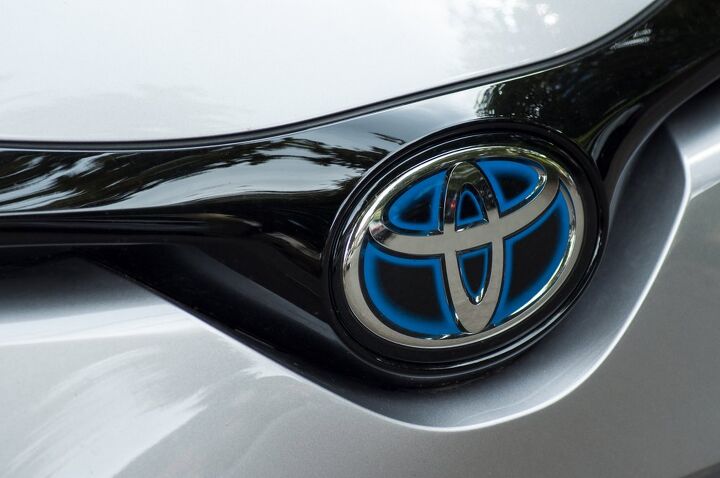

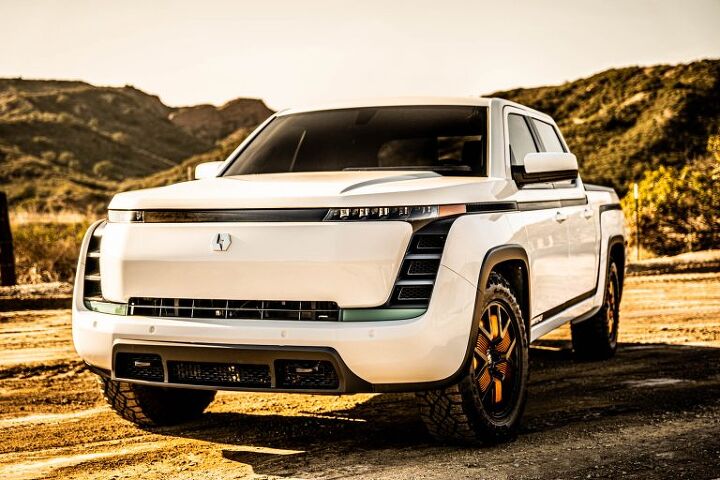

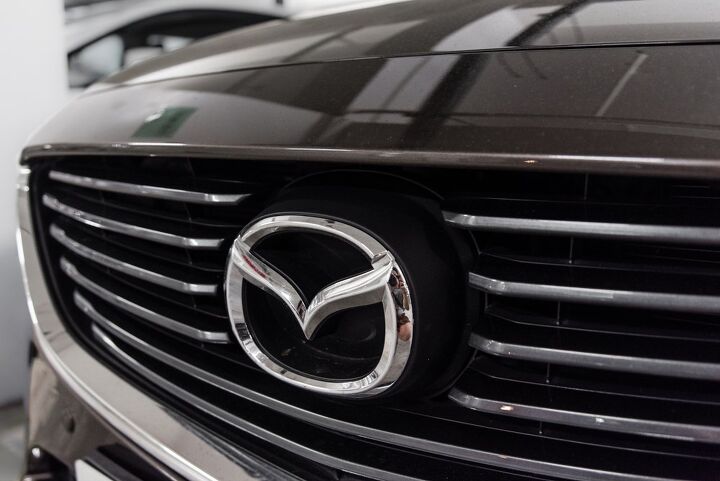
















Recent Comments